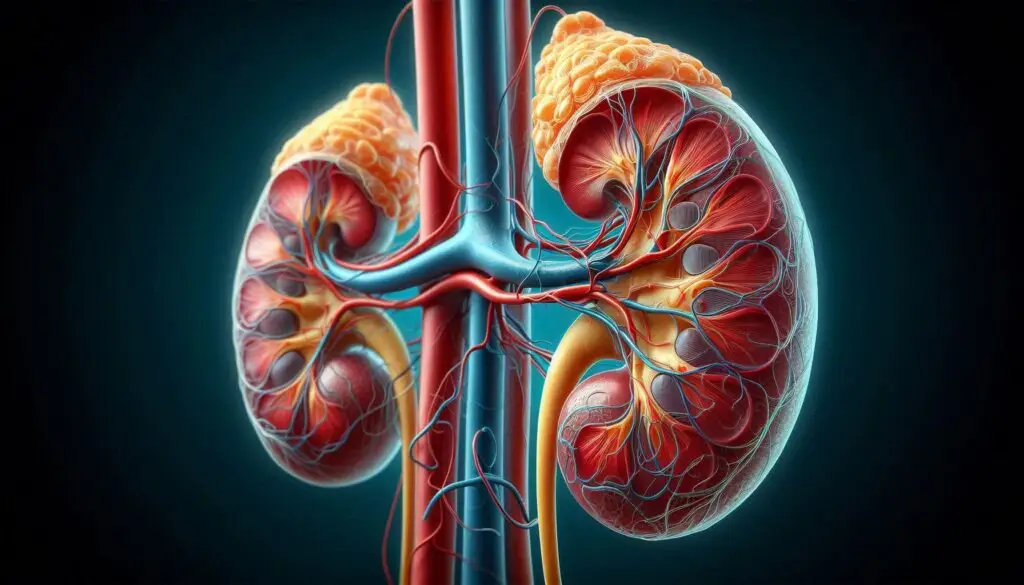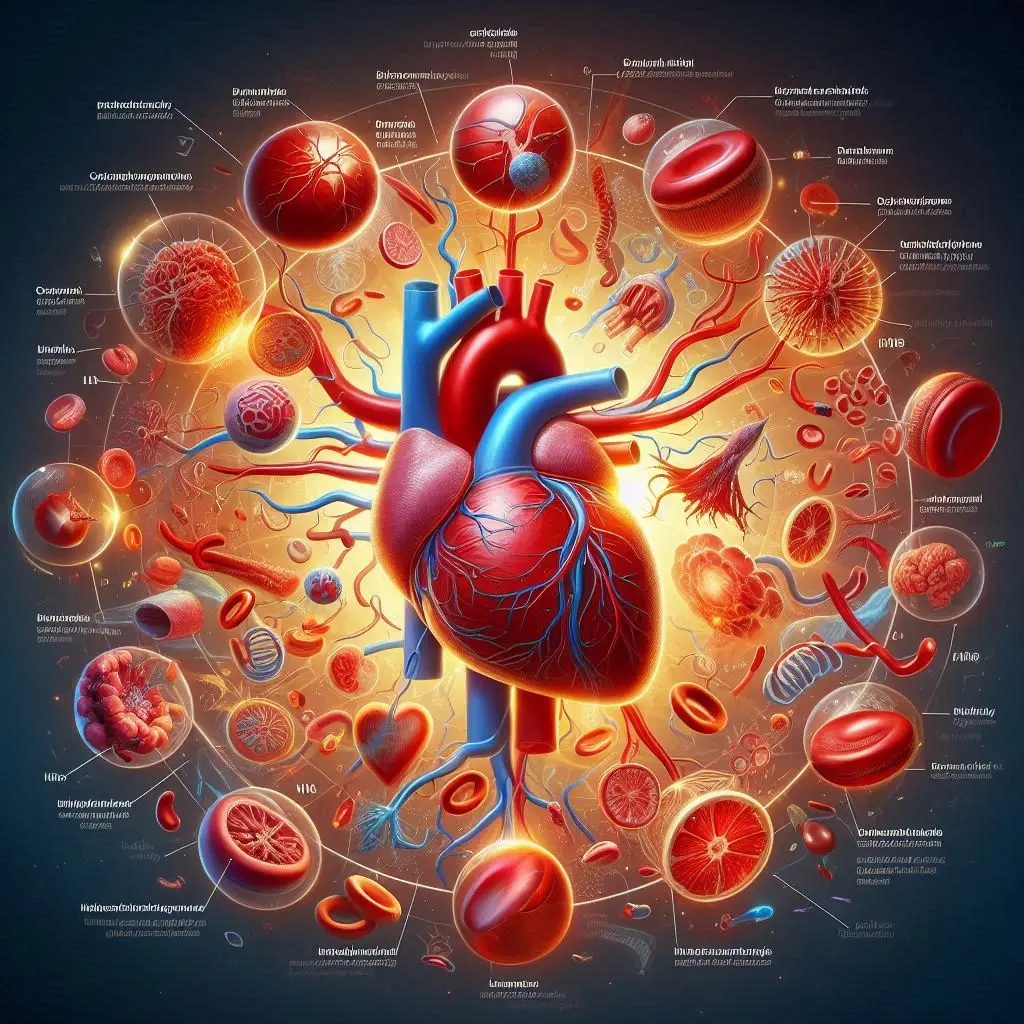Renal Failure and Passive Venous Congestion

Introduction
Renal failure and passive venous congestion are critical topics in the medical field, particularly in the context of heart failure and its impact on kidney function. This article delves into the mechanisms, implications, and treatment strategies associated with these conditions, providing a comprehensive overview for healthcare professionals and researchers alike.
What is Renal Failure?
Renal failure, or kidney failure, occurs when the kidneys lose their ability to filter waste products from the blood effectively. This condition can be acute or chronic, with various causes including diabetes, hypertension, and heart failure. The kidneys play a vital role in maintaining homeostasis, regulating electrolytes, and excreting metabolic waste. When renal function declines, it can lead to a buildup of toxins in the body, resulting in serious health complications.
Types of Renal Failure
- Acute Renal Failure (ARF): This is a sudden loss of kidney function, often reversible with prompt treatment. Causes can include dehydration, shock, or obstruction of the urinary tract.
- Chronic Kidney Disease (CKD): This is a gradual loss of kidney function over time, often due to long-standing conditions like diabetes and hypertension. CKD can progress to end-stage renal disease (ESRD), requiring dialysis or kidney transplantation.
The Role of Passive Venous Congestion
Passive venous congestion refers to the accumulation of blood in the venous system, typically due to heart failure. This condition can significantly impact renal function, leading to a phenomenon known as cardiorenal syndrome, where heart dysfunction adversely affects kidney performance.
Mechanisms of Passive Venous Congestion
- Forward Failure: This occurs when the heart cannot pump blood effectively, leading to reduced cardiac output and subsequent renal hypoperfusion.
- Backward Failure: In this scenario, increased venous pressure from heart failure leads to renal congestion. Elevated central venous pressure can impair renal blood flow, resulting in reduced glomerular filtration rate (GFR) and kidney injury.
Pathophysiology of Renal Congestion
Renal congestion can lead to several pathological changes within the kidneys:
- Increased Intra-abdominal Pressure: This can compress renal blood vessels, further reducing blood flow to the kidneys.
- Tubuloglomerular Feedback: Increased sodium retention due to venous congestion can trigger feedback mechanisms that further decrease GFR.
- Renal Interstitial Edema: Accumulation of fluid in the renal interstitium can impair tubular function and lead to further renal damage over time.
Clinical Implications of Renal Failure and Venous Congestion
The interplay between renal failure and passive venous congestion has significant clinical implications:
- Worsening Kidney Function: Patients with heart failure often experience a decline in renal function, leading to a cycle of worsening heart and kidney health.
- Increased Morbidity and Mortality: The combination of renal failure and heart failure is associated with higher rates of hospitalization and mortality.
- Challenges in Treatment: Managing fluid overload and renal congestion in heart failure patients can be complex, requiring careful monitoring and adjustment of diuretic therapy.
Diagnostic Approaches
Diagnosing renal failure and assessing venous congestion involves several strategies:
- Clinical Assessment: Monitoring symptoms such as edema, fatigue, and changes in urine output can provide initial insights into renal function.
- Laboratory Tests: Blood tests measuring serum creatinine, blood urea nitrogen (BUN), and electrolytes can help evaluate kidney function.
- Imaging Studies: Doppler ultrasound can assess blood flow in the renal arteries and veins, helping to identify venous congestion.
Treatment Strategies
Effective management of renal failure and passive venous congestion requires a multifaceted approach:
Pharmacological Interventions
- Diuretics: Loop diuretics are commonly used to manage fluid overload in heart failure patients. They help promote urine production and relieve symptoms of congestion.
- Vasodilators: Medications that dilate blood vessels can reduce venous pressure and improve renal perfusion.
- Renin-Angiotensin-Aldosterone System (RAAS) Inhibitors: These medications can help manage blood pressure and reduce fluid retention.
Non-Pharmacological Approaches
- Fluid Management: Careful monitoring of fluid intake and output is essential in managing patients with heart failure and renal failure.
- Dialysis: In cases of severe renal failure, dialysis may be necessary to remove waste products and excess fluid from the body.
- Lifestyle Modifications: Encouraging patients to adopt a heart-healthy diet, engage in regular physical activity, and manage underlying conditions can improve overall health outcomes.
Conclusion
Renal failure and passive venous congestion are intertwined conditions that pose significant challenges in clinical practice. Understanding their mechanisms, implications, and treatment strategies is crucial for improving patient outcomes. As research continues to evolve, healthcare providers must remain vigilant in monitoring and managing these conditions to enhance the quality of care for affected individuals.
For more pearls of Vets Wisdom:





Responses